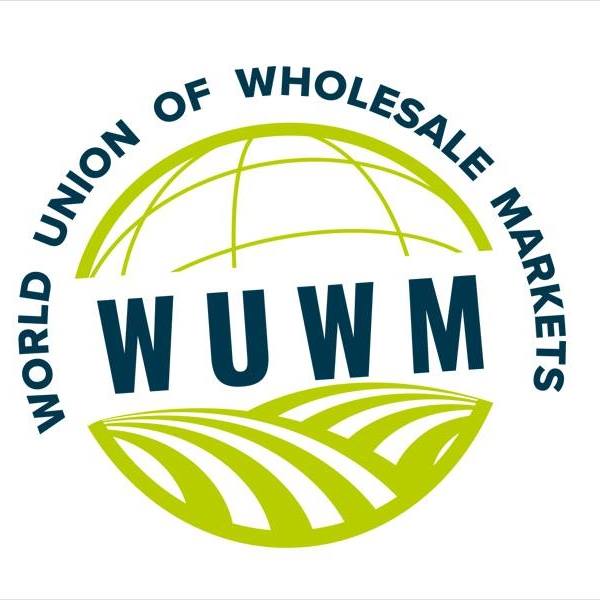Global wholesale markets union calls for climate action
The World Union of Wholesale Markets (WUWM) has declared its support for the COP26 goals and efforts, and strongly believes that the transformation of food systems should be at the core. A statement read:
“The transition towards sustainability of food systems is an essential element to fight against climate change and the mitigation of its prejudicial effects. Indeed food accounts for more than 26% of the global greenhouse emissions (FAO). We must act now and change the way we think, produce, distribute and consume food.
“That is why WUWM is glad to announce that we have signed the “Glasgow Food and Climate Declaration” along with more than 80 actors related to food policy, such as worldwide recognised institutions like the FAO, the Global Alliance for Improved Nutrition (GAIN), the Local Governments for Sustainability (ICLEI), C40 Cities and major cities, regions, territories, federal states and provinces around the world.”
The “Glasgow Food and Climate Declaration” constitutes a commitment by local governments to tackle the climate emergency through integrated and sustainable food policies, as well as a call on national governments to act to implement integrated sustainable food policy frameworks.
The Declaration acknowledges that tackling climate change and meeting the Paris Agreement standards without addressing the food sector is impossible, while it emphasises that a comprehensive and integrated approach, which addresses the food sector in its entirety, is needed to guarantee food policies efficiency and real impact. We need to rethink food policies from the farm to the fork and no longer in silos, involving every stakeholder of the chain to achieve the transition of the sector.
“WUWM endorses the Declaration and its approach to food systems that propose to foster the role of cities and regions in the development of urban food policies. In most countries of the world, wholesale markets are public infrastructures, owned by national and/or local governments. These infrastructures have a clear public mission: they are in charge of ensuring daily supply of secure and safe fresh food.
“In a world where 75% of the population is expected to live in cities by 2050, securing fresh food supply will be one of the principal challenges that our food systems will face in the short, medium and long-term. In light of this, wholesale markets, as part of the “hidden middle” of the agri-food supply chain, are the sole actors that can ensure availability of high volumes of fresh produces to cities. For this reason, we believe that wholesale markets are the most precious operational allies of national and local governments to ensure a more equal access of farmers to the market, more availability of a large diversity of fresh and economically accessible fresh food to urban citizens. Thus, acting as “fresh food hubs”, by shortening and structuring the supply chain, wholesale markets can ensure accessibility, inclusivity and resilience.”
A recent study of FAO points out that in countries that count with wholesale markets, citizens have better access to healthier diets, – particularly low-income households – and less price volatility in fresh produce.



